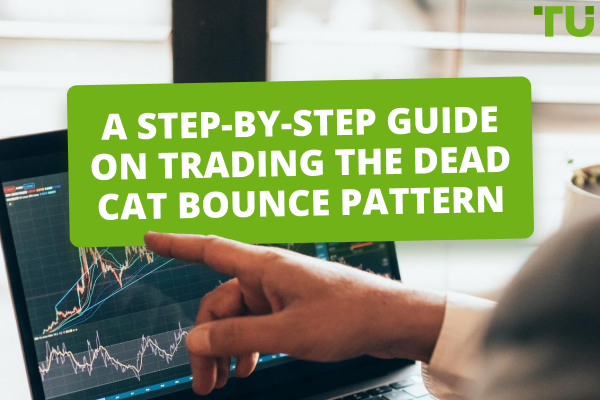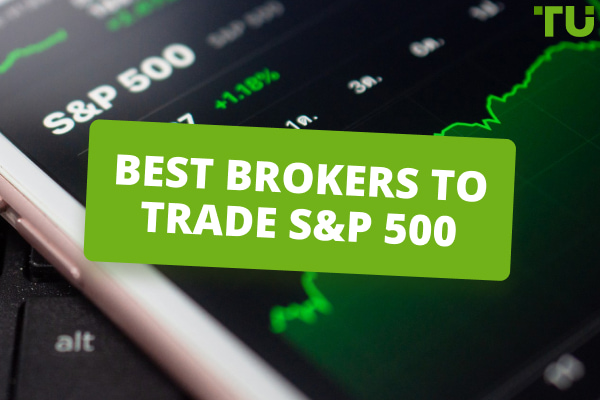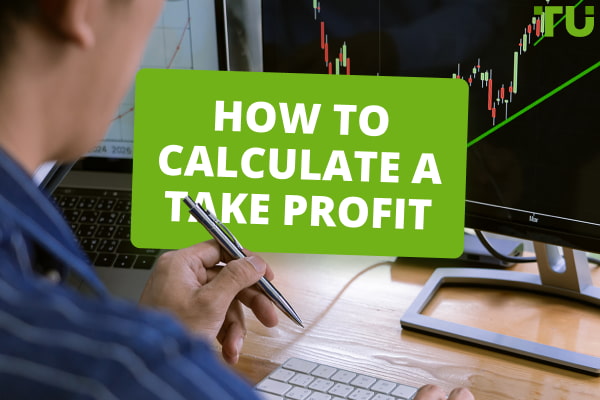How Big Is The Forex Market? Daily Forex Trading Volume Explained
The daily trading volume of the Forex market is around $7.5 trillion. Daily Forex trading volume is measured by aggregating the total number of currency trades made within a trading day globally, encompassing spot transactions, forward contracts, currency swaps, and options.
The foreign exchange market, commonly known as Forex, stands as the largest and most liquid financial market in the world. It is open 24 hours a day, 5 days a week, and traders from all over the globe participate.
The size and liquidity of the Forex market allows traders to seamlessly enter and exit positions without worrying about slippage or struggling to find a counterparty, thus making it an attractive destination for both retail and institutional investors.
This article explores the volume of daily Forex trading in the world, key players, and its overarching significance in the global financial system.
Understanding the global Forex market
The global Forex (foreign exchange) market is the largest and most actively traded financial market in the world, offering myriad opportunities for traders. An overview reveals a complex interplay of currencies, players and influencing events.
-
Major players. The Forex market encompasses a wide range of participants, from central and commercial banks and financial institutions to multinational corporations, governments, and retail investors. Central banks arguably play the most critical role due to their influence on interest rates and currency stability, often engaging in the market to adjust their currency's value. Commercial banks, hedge funds and institutional investors account for 48% of volume
-
Top trading centers. Liquidity in Forex is largely attributed to major trading centers operating across different time zones, ensuring 24/5 market activity. Key hubs by volume include United Kingdom (38%); US (19%); Singapore (9%), Japan (4%)
-
Top currencies. The currencies experiencing the highest turnover are the ones held in significant reserve quantities globally and include the US Dollar (USD), Euro (EUR), Japanese Yen (JPY), British Pound (GBP), Australian Dollar (AUD), Canadian Dollar (CAD), and Swiss Franc (CHF). The USD reigns supreme, involved in approximately 88% of all trades, primarily due to its role as the world's primary reserve currency
-
Influential factors. Forex market fluctuations hinge on various factors, with geopolitical events topping the list due to their potential to cause immediate and substantial market impact. Economic indicators, such as employment reports, GDP, inflation rates, and consumer spending, also hold sway as they signify the health of an economy
Additionally, central banks' interventions and policies are crucial, as they decide interest rates and monetary policy, influencing currency valuation. These elements combined dictate the ebb and flow of the Forex market, underscoring the need for traders to stay informed and responsive to global events.
What Is the daily trading volume in the global Forex market?
While the exact daily trading volume of the global Forex market is difficult to measure accurately, the triennial survey conducted by the Bank for International Settlements (BIS) showed that the market averaged $7.5 trillion in April 2022.
The breakdown of trading activity reveals that the most traded currency pair was the euro/US dollar (EUR/USD) at 22.7%, followed by the US dollar/Japanese yen (USD/JPY) at 13.5%, and the British pound/US dollar (GBP/USD) at 9.5%.
Despite its size, the Forex market remains accessible to anyone with an internet connection. Such conditions make Forex a popular choice among beginning traders. But according to BIS retail trading accounts for only 2.5% of the volume. While occasional large orders by hedge funds or asset managers can move prices, retail traders do not have the capacity to significantly influence market prices and trends. Their orders are too small and get lost among the enormous daily trading volumes.
Also, high-frequency trading (HFT) has become increasingly prevalent in Forex markets over the past 10-15 years. That makes competition for retail traders even harder. Estimates vary, but some analysts suggest HFT now accounts for 30-40% of spot Forex trading volume on electronic trading platforms.
Top Forex brokers in the world by trading volume
Assessment of trading volume is important as traders may gravitate toward larger brokers for their liquidity (resulting in tighter spreads and lower costs for traders), market access, advanced technology, compliance with regulations, educational resources, and reliable customer support.
We can gain insight into the daily trading volume of the global Forex market by looking at the top Forex brokers in the world.
IC Markets, Forex.com, XM, Saxo Bank, HF Markets, Oanda, AvaTrade, IG Markets, Pepperstone, and FxPro are the largest Forex brokers by average daily trading volume (ADVT).
IC Markets has the highest ADVT of 18.9 billion USD, followed by Forex.com with an ADVT of 15.5 billion USD and XM with an ADVT of 13.4 billion USD.
FxPro has the lowest ADVT among the giants at 6.5 billion USD.
Trading volume is a substantial factor but it's ultimately about finding the right broker for your needs.
Best Forex brokers


FAQs
How is daily Forex trading volume measured?
Daily Forex trading volume is measured by aggregating the total number of currency trades made within a trading day globally, encompassing spot transactions, forward contracts, currency swaps, and options. The Bank for International Settlements (BIS) conducts a comprehensive survey every three years, providing detailed insights into the structure and activity in the global FX market.
Which session sees the highest Forex trading volume?
The European-London session experiences the highest Forex trading volume, partly because it overlaps with the Asian-Tokyo session and the North American-New York session, leading to higher liquidity due to the confluence of market participants.
How does trading volume change around major Forex holidays?
Trading volume typically diminishes around major Forex holidays, like Christmas or New Year, as traders and financial institutions reduce activity, leading to less liquidity and potentially higher volatility due to thinner markets.
Can traders monitor daily Forex trading volumes in real-time?
While traders can't monitor global daily Forex trading volumes in real-time due to the market's decentralized nature, they can use various indicators like the volume of ticks or the number of price changes during a particular time frame, and services provided by some brokers and trading platforms to get an approximation of volume levels.
Glossary for novice traders
-
1
Broker
A broker is a legal entity or individual that performs as an intermediary when making trades in the financial markets. Private investors cannot trade without a broker, since only brokers can execute trades on the exchanges.
-
2
Trading
Trading involves the act of buying and selling financial assets like stocks, currencies, or commodities with the intention of profiting from market price fluctuations. Traders employ various strategies, analysis techniques, and risk management practices to make informed decisions and optimize their chances of success in the financial markets.
-
3
Forex Trading
Forex trading, short for foreign exchange trading, is the practice of buying and selling currencies in the global foreign exchange market with the aim of profiting from fluctuations in exchange rates. Traders speculate on whether one currency will rise or fall in value relative to another currency and make trading decisions accordingly.
-
4
Investor
An investor is an individual, who invests money in an asset with the expectation that its value would appreciate in the future. The asset can be anything, including a bond, debenture, mutual fund, equity, gold, silver, exchange-traded funds (ETFs), and real-estate property.
-
5
Index
Index in trading is the measure of the performance of a group of stocks, which can include the assets and securities in it.
Team that worked on the article
Vuk stands at the forefront of financial journalism, blending over six years of crypto investing experience with profound insights gained from navigating two bull/bear cycles. A dedicated content writer, Vuk has contributed to a myriad of publications and projects. His journey from an English language graduate to a sought-after voice in finance reflects his passion for demystifying complex financial concepts, making him a helpful guide for both newcomers and seasoned investors.
Dr. BJ Johnson is a PhD in English Language and an editor with over 15 years of experience. He earned his degree in English Language in the U.S and the UK. In 2020, Dr. Johnson joined the Traders Union team. Since then, he has created over 100 exclusive articles and edited over 300 articles of other authors.
Mirjan Hipolito is a journalist and news editor at Traders Union. She is an expert crypto writer with five years of experience in the financial markets. Her specialties are daily market news, price predictions, and Initial Coin Offerings (ICO).









